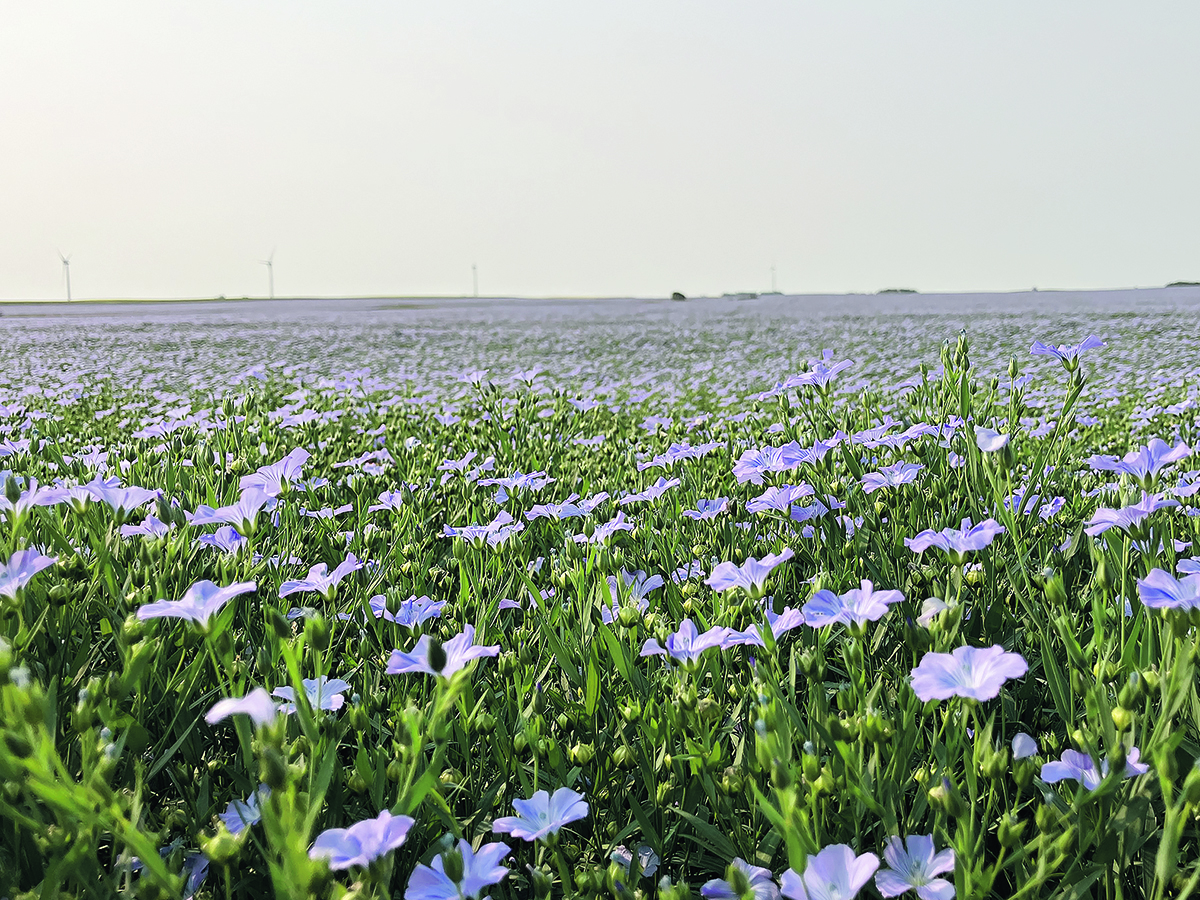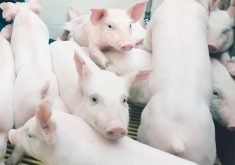As 2024 drew to a close, I reflected on the year and the conversations that dominated the grains sector in Canada and around the world.
The highlights? Innovation, sustainability and the future of our global food systems. From climate-related challenges to geopolitical shifts, the need for forward-thinking approaches to agriculture and technology has never been more critical.
Canadian grain growers are recognized for their rapid adoption of innovations in plant breeding and crop protection technologies, a testament to their resilience and adaptability. Yet many of these groundbreaking technologies face misconceptions and regulatory hurdles, both at home and abroad.
Read Also

High prices see cow-calf producers rushing to incorporate
Farm accountants are reporting a steady stream of cow-calf producers rushing to get their operations incorporated ahead of selling their calves this fall.
For a country as export-dependent as Canada, science and risk-based regulation that provides timely access to these innovations is not just a matter of economic survival but a necessity to sustainably intensify our production to feed a growing and increasingly food-insecure world.
At the same time, opposition to agricultural innovation continues to gain traction in some corners of the world. More recently, this has occurred closer to home then we’d like.
In the United States, voices like Robert Kennedy Jr. fuel skepticism and amplify concerns about pesticides while disregarding the extensive scientific evaluations and regulatory safeguards designed to manage risks.
Similarly, anti-GMO rhetoric resonates with those drawn to emotional appeals and calls for “natural” solutions, but it sidelines the real potential of these innovations to address some of our most pressing food system challenges.
This fear-driven narrative, often amplified through emotionally charged fundraising campaigns, undermines science-based solutions to global challenges.
The EU’s precautionary approach to regulating agricultural innovation limits European farmers’ access to innovation and creates ripple effects worldwide. Trade-restrictive measures, like reciprocity standards or “mirror clauses,” are often framed as a commitment to sustainability, but instead function as protectionist tools that favour domestic products and stifle global progress.
This is where Canada must lead by example. Through science-driven diplomacy, we have a unique opportunity to shape international policies that foster innovation while upholding the highest safety standards.
Canada’s regulatory framework for gene editing is a point of pride, reflecting a science-based approach that sets a global benchmark. We commend the Canadian government for getting it right and demonstrating leadership.
The Canadian grain sector plays an active role in the International Grain Trade Coalition and the International Agri-Food Network Coalition for an Enhanced Codex, providing a unique opportunity to build global support for science-driven diplomacy.
By collaborating with grain sector industry leaders worldwide, Canada has demonstrated a commitment to co-operation, harmonizing regulatory frameworks and ensuring the role of innovation remains central to addressing global food challenges.
This is why it is crucial for Canada to refine and strengthen its regulatory system. By upholding science and risk-based decision-making, it can maintain a regulatory framework that protects human health and the environment while empowering Canadian agriculture to adopt innovation.
By doing this, Canada can serve as a gold standard for countries around the world. We must continue to empower our growers and researchers by championing solutions and pushing for policies that align with scientific evidence. In doing so, we can create a future where the grain sector meets the challenges of today and thrives in the realities of tomorrow.
The stakes couldn’t be higher. The world needs more Canada — not just as a supplier of safe, high-quality food, but as a champion for innovation, sustainability and free trade. We must leverage our reputation for fairness, transparency and scientific excellence to rebuild trust and foster collaboration with organizations.
Let’s lead by example and ensure a more secure future for the grain sector worldwide.
Erin Gowriluk is president of the Canada Grains Council.















